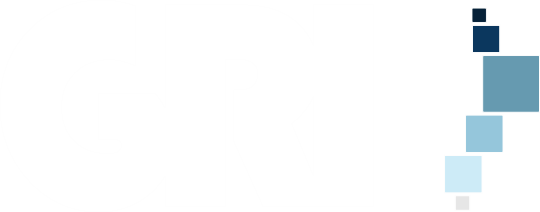Polarimetric and Interferometric SAR for 3D Applications
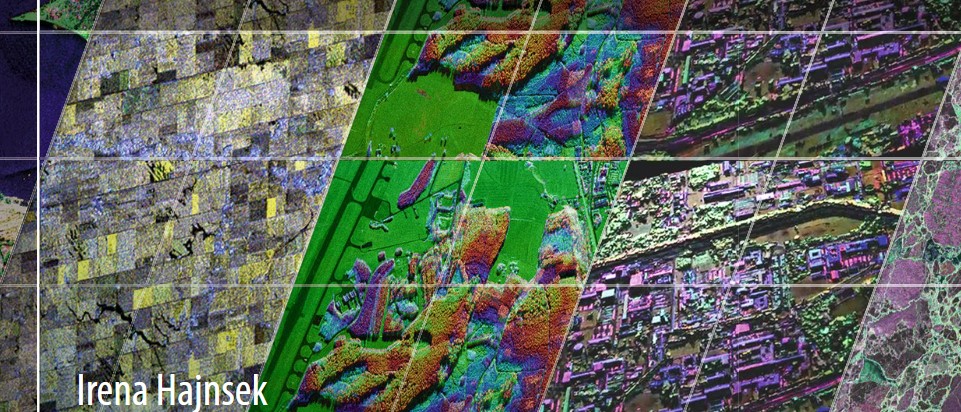
In this seminar, this presentation will focus on polarimetric and interferometric Synthetic Aperture Radar techniques for environmental parameter estimation within the forest, agriculture and snow/ice domain.
Presentation to the Digital Services Quarterly Showcase
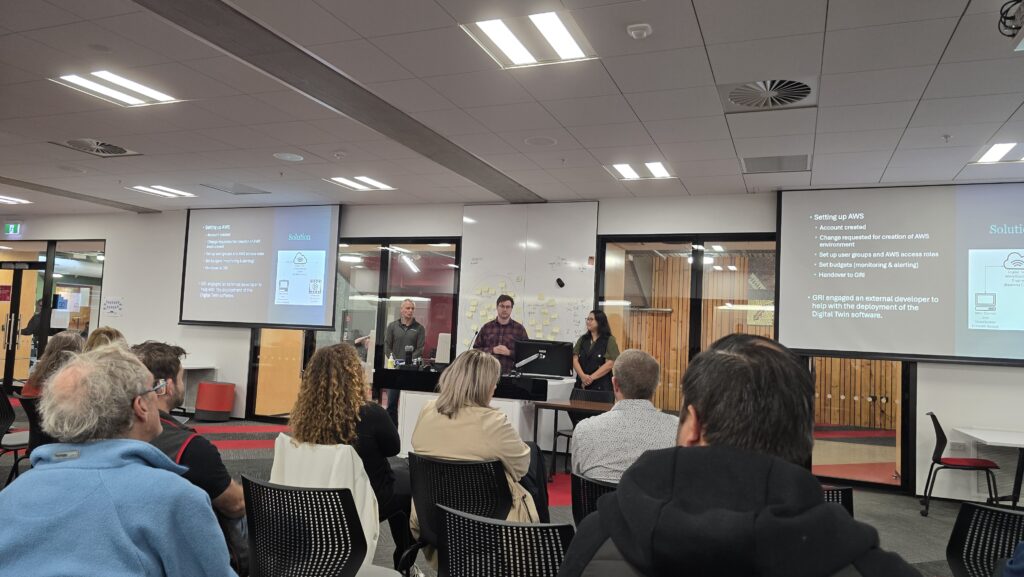
Yesterday, Luke Parkinson (GRI), Greg Preston (Building Innovation Partnership), and Jamie Hart (UC Digital Services) presented Ōtākaro Digital Twin work as an example of successful use of AWS (Amazon Web Services) in a collaborative project at UC’s Digital Services Quarterly Showcase.
VR sneak peek
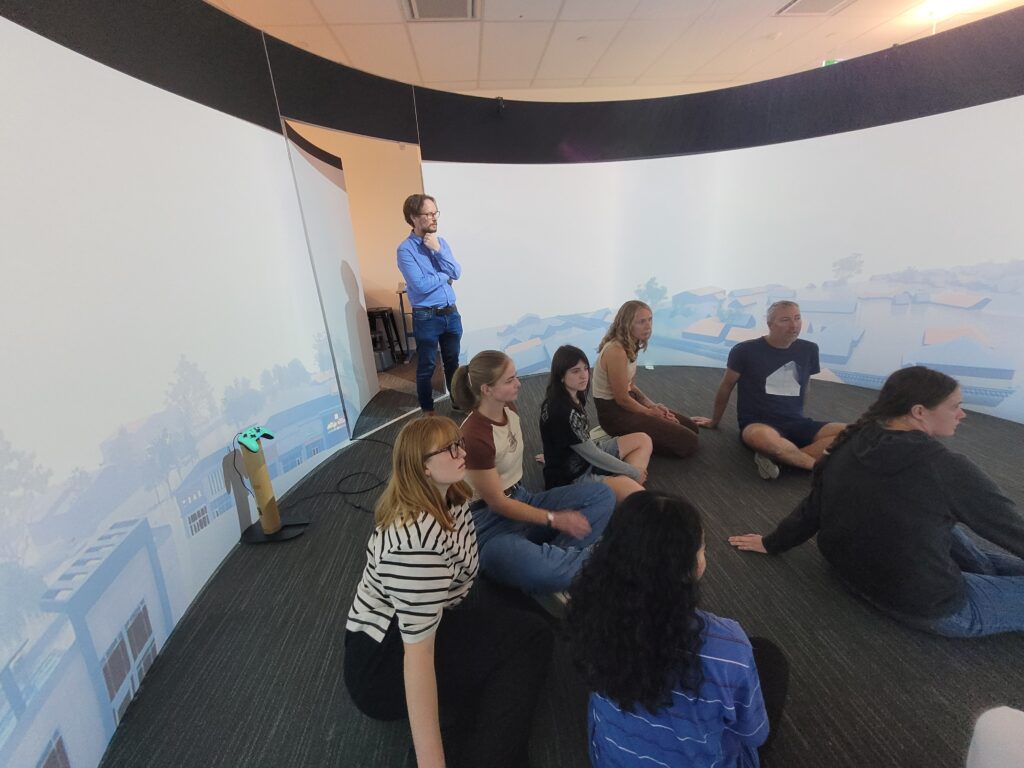
Today in Professor Matthew Wilson’s 4th year class, Coasts and Rivers: from Natural Processes to Urban Environments, students got a sneak peek at a project the GRI is doing for the National Hazards Commission. This work looks at how the presentation of virtual reality video impacts understanding of flood events vs using flood maps alone. […]
Visit to the Indian Institute of Technology, Delhi
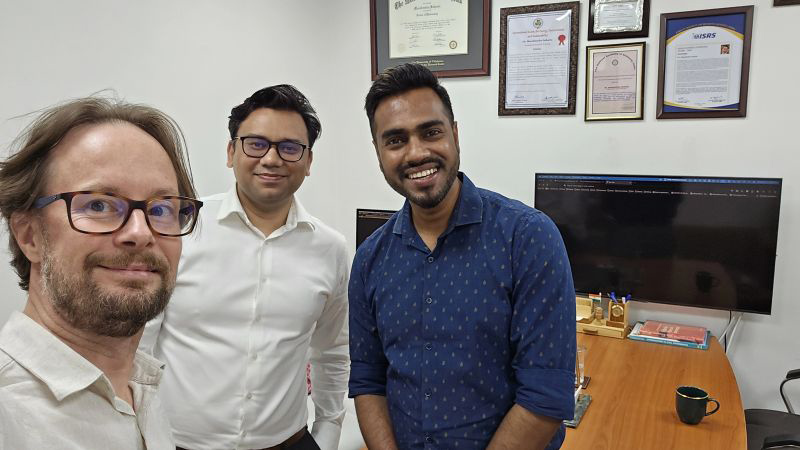
GRI Director, Matthew Wilson has just returned from a trip to the Indian Institute of Technology, Delhi. Prof Wilson said, “It was great to exchange ideas with colleagues in the Civil Engg Deptt IIT Delhi and see all the excellent work being done, especially by PhD students in water resources using novel machine learning methods […]
Visiting PhD Student, Paola Di Fluri
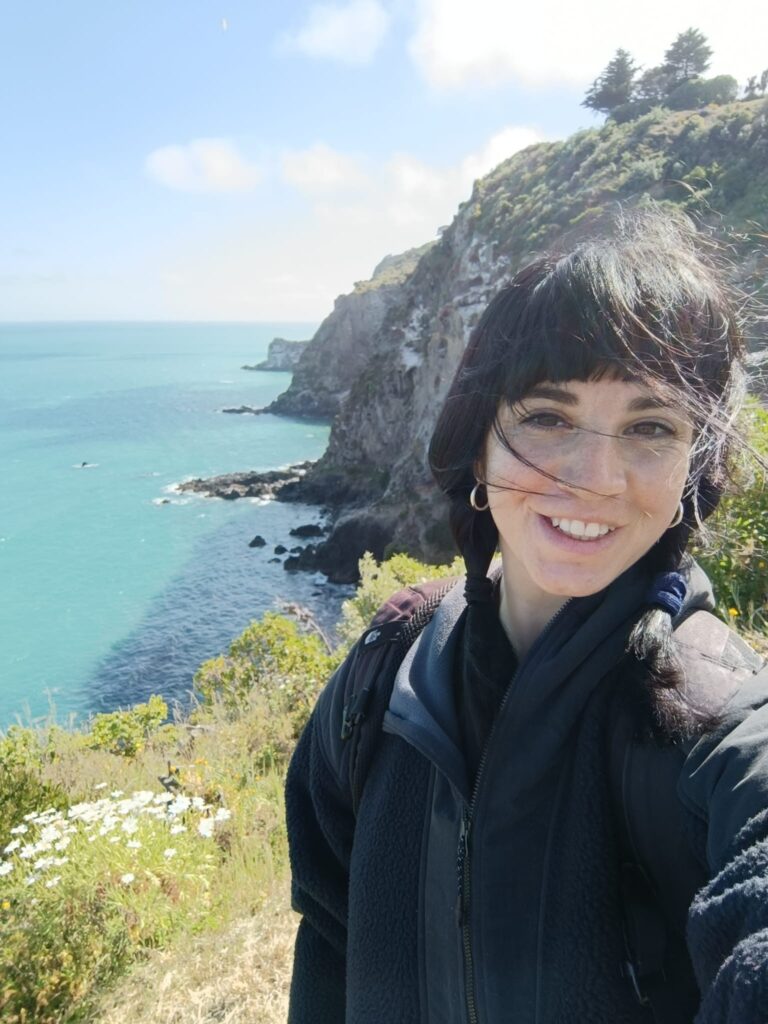
GRI has a visiting PhD student from University of Bologna in Italy. Paola Di Fluri has been working on a thesis that aims to develop innovative methodologies to understand the impact of industrial activities on surface water quality. Specifically, she is working on the development of simplified models for simulating the release of petrochemical products […]
Geospatial science and health: An overview of the Te Taiwhenua o te Hauora | The GeoHealth Laboratory’s impactful research over the past 20 years and what future health challenges will be tackled next
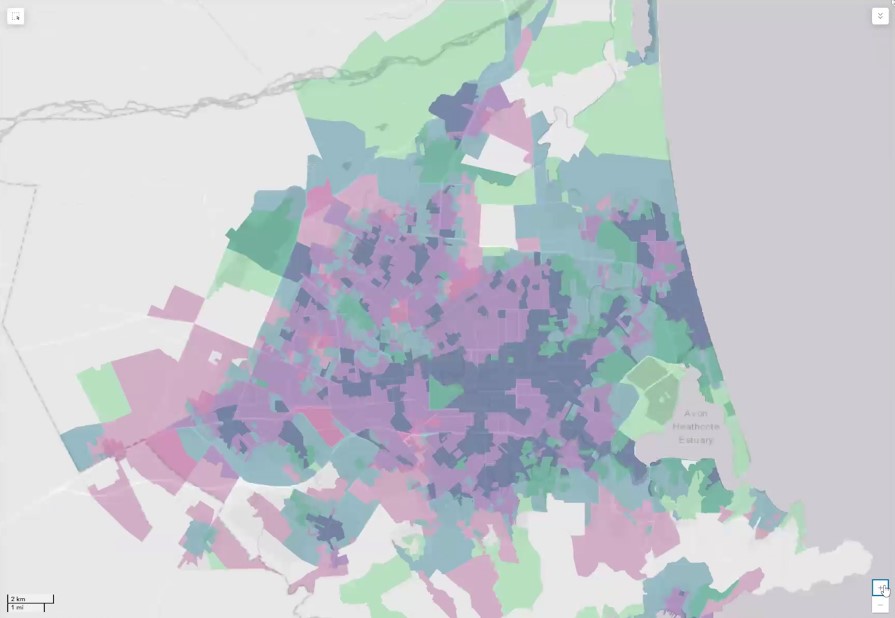
In this seminar, we will explore the differences in health and health behaviours by neighbourhood, uncovering some of the underlying reasons for these variations in health. To better understand the range of ways in which differences in health emerge, Professor Malcolm Campbell will present a series of research projects from Te Taiwhenua o te Hauora | The GeoHealth Laboratory
Mapping the path to better health: Unleash the superpower of geohealth
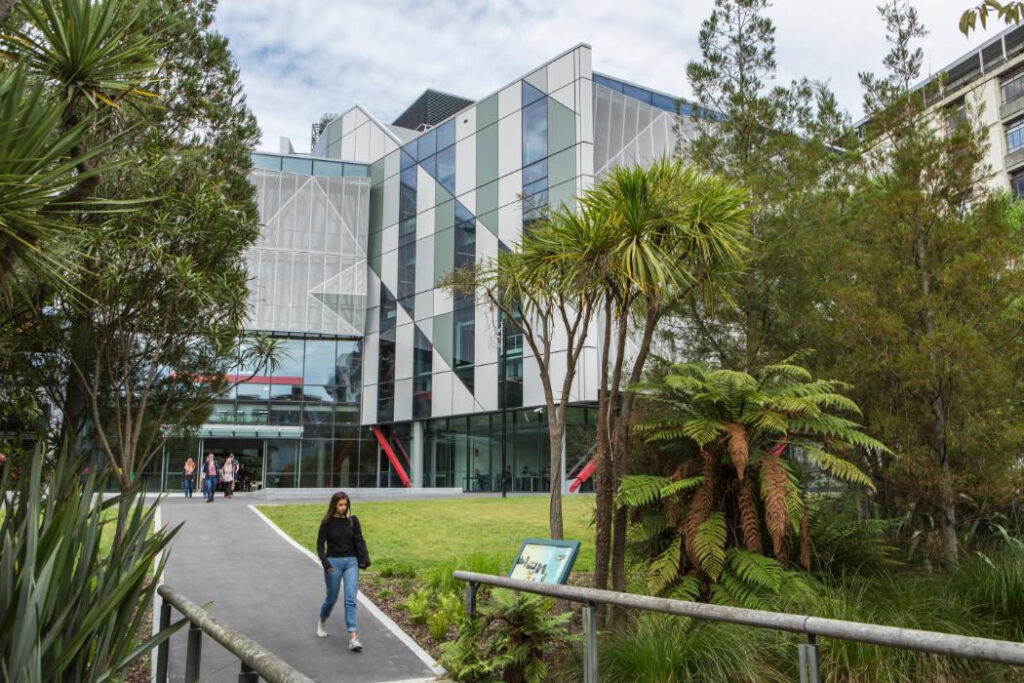
What if maps could lead to better health and well-being for you and your community? Imagine using maps and data to improve our lives, helping us live longer and healthier lives. Join us on a journey as we show you how we make this happen!
New Zealand SAR Mission Hackathon
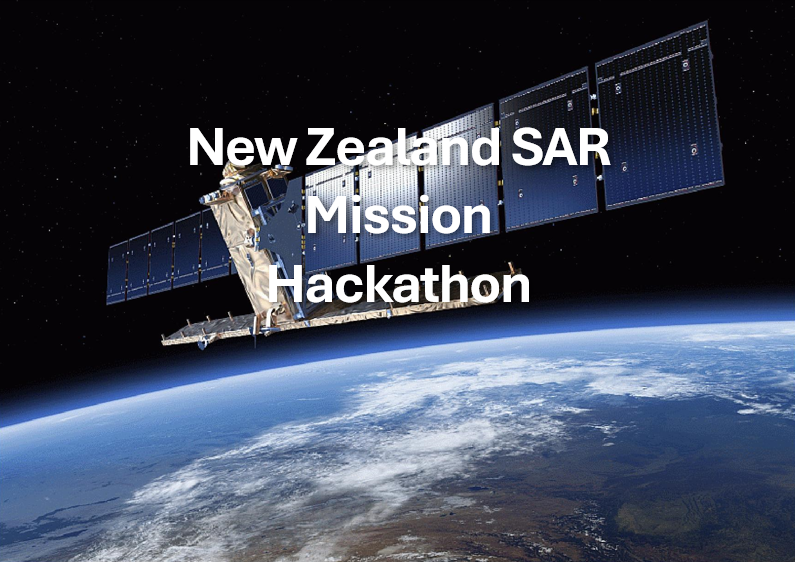
The hackathon, a collaborative event, is open to undergraduate or postgraduate students interested in improving their radar technology expertise through mission design.
The Kaitiaki Intelligence Platform: Integrating mātauranga Māori, artificial intelligence, and sensing technologies in the design of an environmental sensing network.
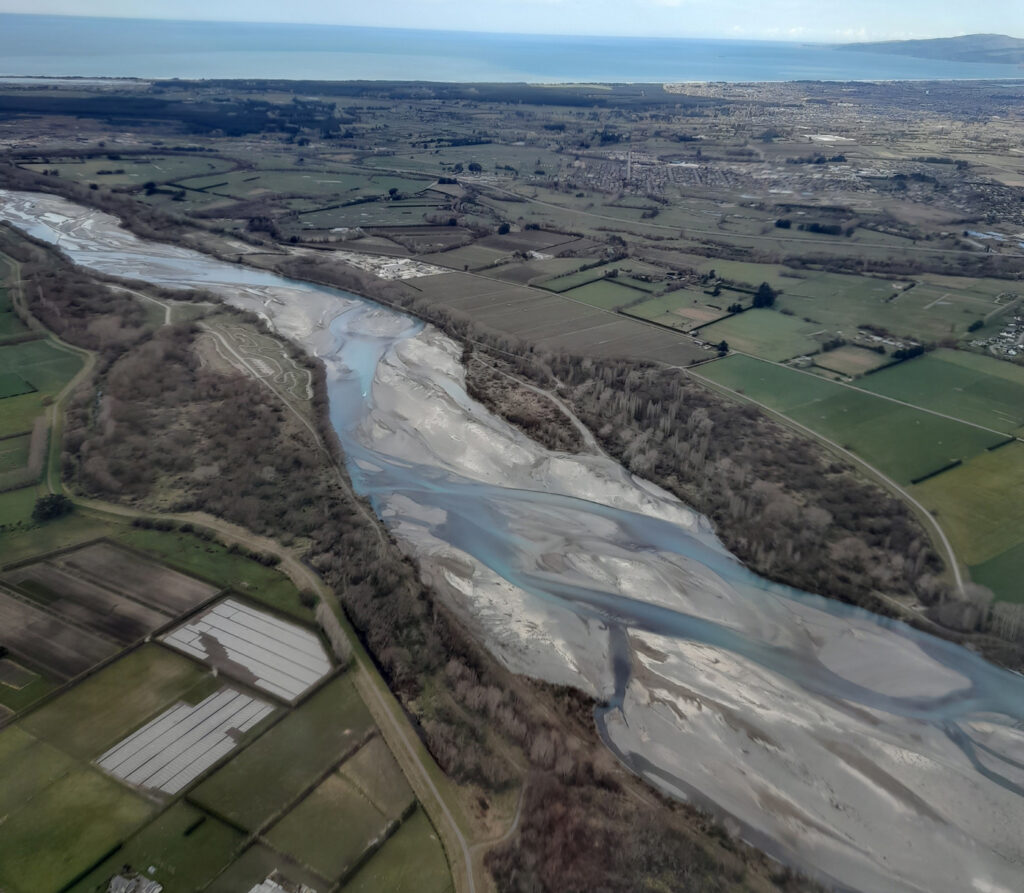
Dr John Reid be giving a talk called The Kaitiaki Intelligence Platform: Integrating mātauranga Māori, artificial intelligence, and sensing technologies in the design of an environmental sensing network.
Visiting PhD Student, Joe Lillis
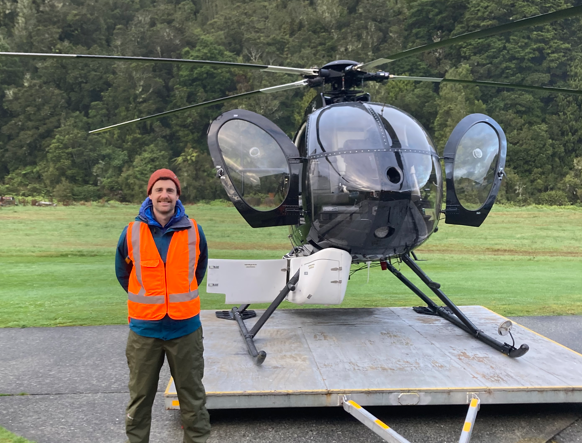
GRI has a visiting PhD student from Exeter University in the UK. Joe Lillis has been working on a thesis that aims to map how greenspace, air pollution, and traffic noise impacts mental health in the UK. While at UC, Joe has helped the GeoHealth Lab create a greenspace national composite for New Zealand based […]
